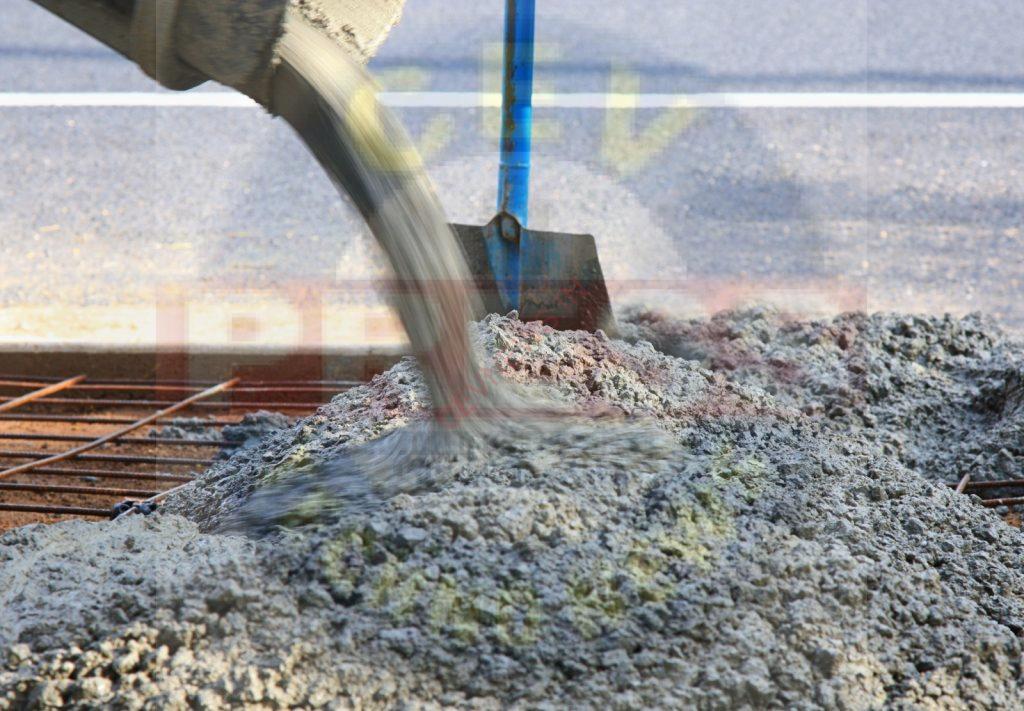EFFECTS OF EXCESS WATER IN CONCRETE MIXTURE
The Effects of Excess Water in Concrete are important to check. Too much water in the concrete mix makes the placement of concrete easy, but it also lowers the quality of the overall concrete product.
The adverse effects of too much water in concrete structures are very common and this article briefly explained to you some of the effects of Excess Water in Concrete.
Following effects of high water in the concrete mix.
- Reduced durability
- Dusting
- Scaling
- Increase in permeability
- Loss of abrasive resistance
- Drying shrinkage
- Strength Reduction
- Reduced durability
The above-explained effects finally lead to a reduction in the durability of concrete. Hence, to make durable concrete, the water-cement ratio must be selected properly. A low water-cement ratio helps to get more durable concrete. With the addition of air-entraining admixtures, the durability can be increased with low water content.
- Dusting
Dusting is a defect in concrete that occurs when excess moisture in the concrete mixture pushes the fine aggregate upwards as a result of curing. This leaves a fine loose powder that will settle on the concrete surface. This effect is called dusting.
- Scaling
Scaling of concrete also occurs due to excess water content in concrete. In this case, the top layer of the hardened concrete surface is removed. It is due to the reaction of water with freeze and thaw effects.
- Increase in permeability
After the evaporation of excess water in concrete, it makes a Porous cavity in hardened concrete. The Porous cavity formed will absorb water and make the concrete structure permeable.
- Loss of Abrasive Resistance
The abrasive resistance of concrete is directly proportional to its strength. When excessive water increases, the strength of the concrete decreases, and therefore, the abrasive resistance also reduces.
- Drying Shrinkage
An increase in water-cement ratio increases the drying shrinkage and concrete becomes weaker in tensile strength and as a result, cracks will form on the concrete surface.
- Strength Reduction
Compressive strength is one of the major properties of concrete and the excessive quantity of water reduces the compressive strength of concrete. The extra water will not involve in the hydration process and retains in concrete even after hardening. In addition, this water may evaporate when exposed to the atmosphere and form voids in the concrete. The voids left are therefore responsible for the reduction of the compressive strength of concrete.

